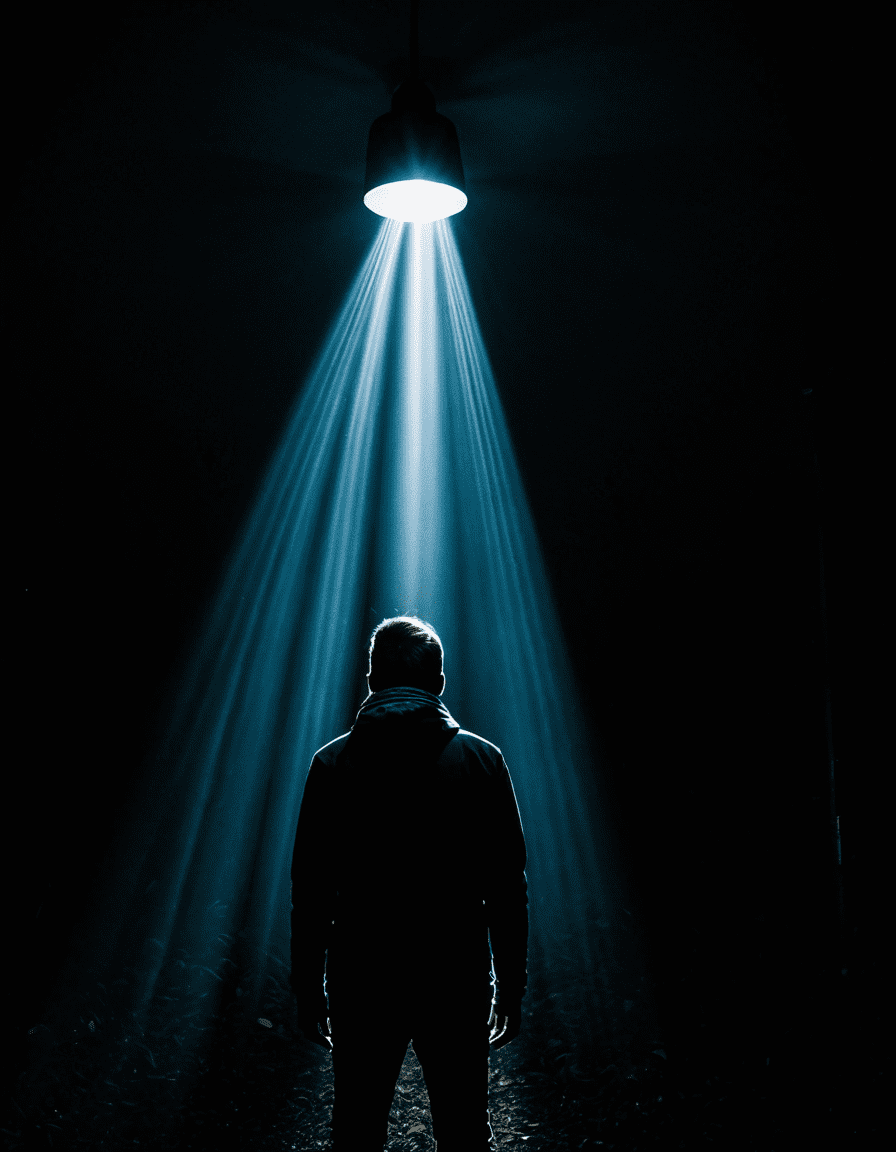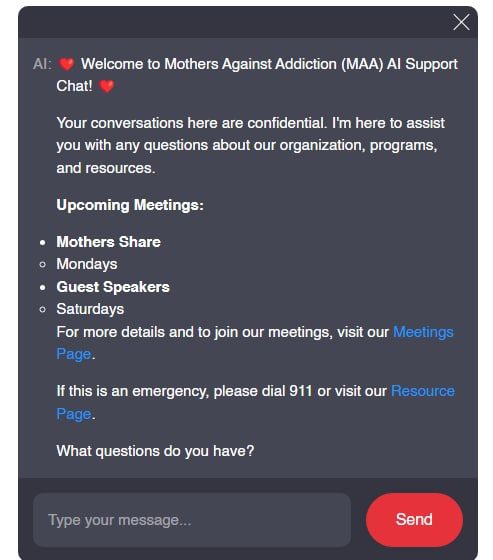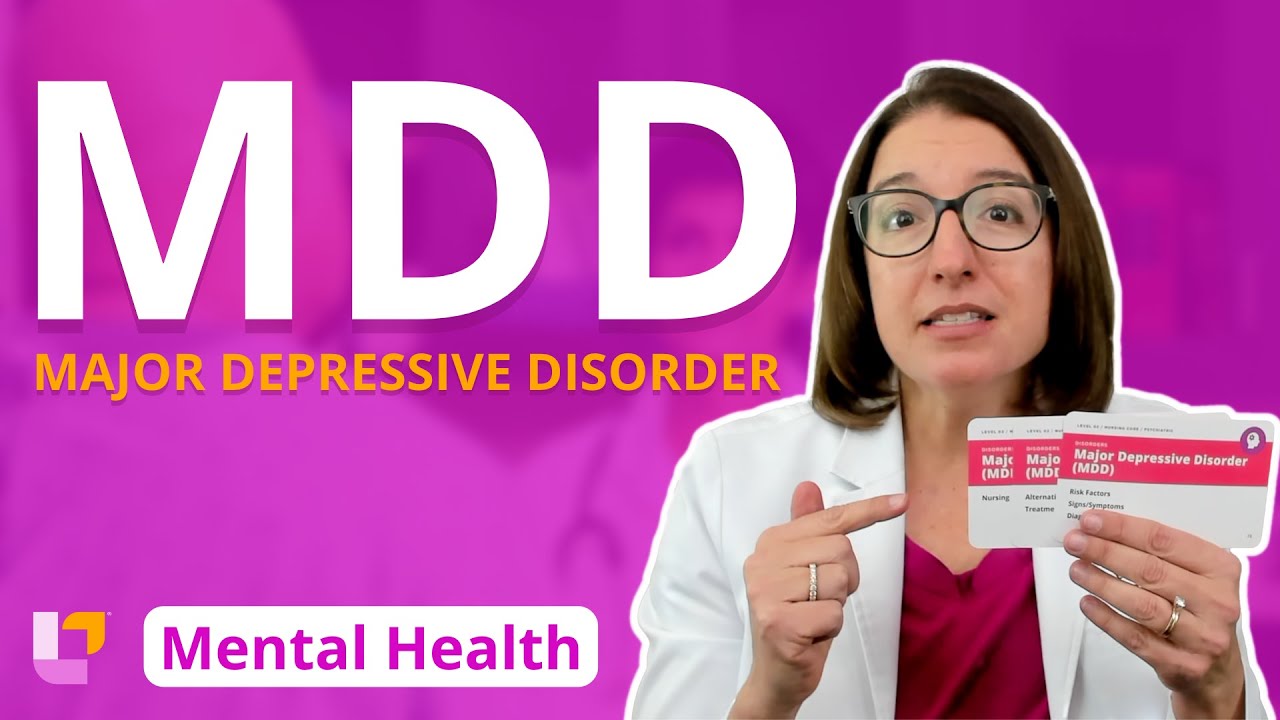
Understanding Chronic Depression and Its Implications
Chronic depression—characterized by persistent low mood, fatigue, and a lack of interest in everyday activities—impacts millions worldwide. Unlike typical depressive episodes, chronic depression can last for years, snowballing into major hurdles that affect both personal and professional lives. It’s tough; the challenge is not just managing these symptoms but raising awareness about the daily battles individuals face.
Take a moment to think about an unseen struggle, something that feels heavy but often goes unspoken. Chronic depression feels like carrying around a backpack filled with bricks while trying to participate in everyday life. The tiredness you can’t shake off, that nagging sense of hopelessness—that’s the real story for those battling chronic depression. And let’s not forget, folks; awareness is key. The more we talk about it, the clearer it becomes that we’re not alone in this fight.
Chronic depression often intersects with anxiety disorders, creating a tangled web of challenges. For instance, imagine feeling down while at the same time being on high alert, experiencing persistent worry over every small thing. This interplay can complicate diagnosis and treatment—it’s tough to tackle what we often can’t even see.

The Complex Interaction Between Chronic Depression and Anxiety Disorders
Finding the balance can feel like a juggling act. Chronic depression often walks hand-in-hand with severe anxiety symptoms, making a dual diagnosis tricky. About 60% of individuals with chronic depression also battle anxiety disorders, according to a 2023 study in the Journal of Anxiety Disorders. It’s enough to leave anyone feeling overwhelmed and exhausted.
Folks, let’s talk about health anxiety. Picture someone who’s so worried about their health that they can’t relax. They might make frequent doctor visits or obsessively research symptoms, thinking they’re seriously ill. A compelling case study from a mental health clinic in New York illustrated how health anxiety exacerbated chronic depression, revealing just how debilitating such thoughts can be. It’s a vicious cycle, folks, one that needs understanding and support.
Imagine feeling too anxious to step outside your own front door. That’s a reality for many battling chronic depression and social anxiety. This dual battle often results in isolation, making recovery feel even farther away. One participant shared how chronic depression pushed her away from her friends, intensifying her symptoms, highlighting all the challenges that come when we lack support and connection.
Social anxiety doesn’t just affect one’s social life; it infiltrates work and relationships too. Research from the Anxiety And Depression Association of America reveals that those with both chronic depression and social anxiety often find it tough to maintain employment. It’s disheartening to think that the very thing—their anxiety—that makes them shy away from social settings can also hinder their professional growth and personal connections.
Beyond severe anxiety, a variety of anxiety symptoms can contribute to the burden of chronic depression. Conditions such as irritability and sleep disturbances often plague those struggling with both. A Mayo Clinic study revealed that chronic insomnia, widespread among those with chronic depression, can lead to even higher stress and anxiety levels. What a whirlwind of challenges!
Even well-known figures aren’t immune to this struggle. Dwayne “The Rock” Johnson has openly discussed his challenges with both chronic depression and anxiety. In his interviews, he’s shed light on the importance of breaking the stigma surrounding mental health and how crucial it is for everyone to share their stories, just like everyday people do. When famous figures speak out, it helps others see they’re not alone.
Navigating through both chronic depression and anxiety isn’t easy, but it’s possible. Individualized treatment plans that combine cognitive-behavioral therapy (CBT) and medication provide hope. Evidence from the National Institute of Mental Health shows that clients like John have seen real progress with tailored treatment. This gives families and individuals confidence that support exists.
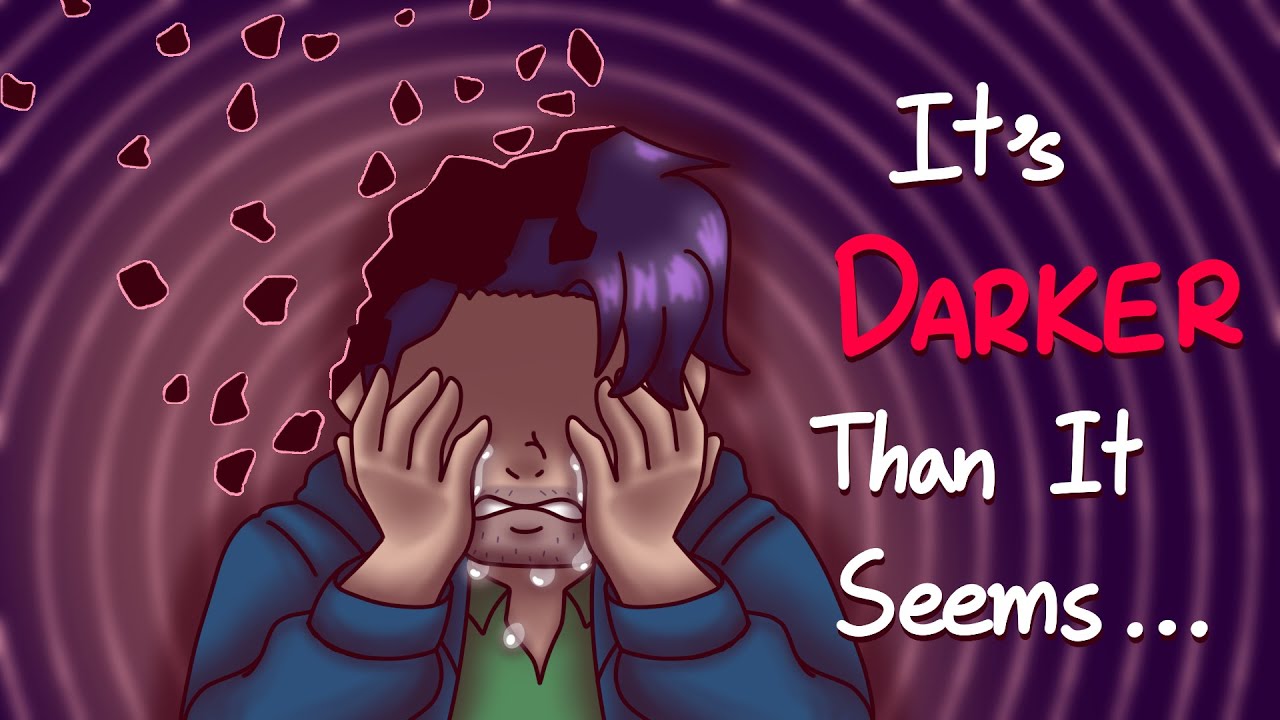
Moving Forward: The Need for Greater Awareness and Support
Raising awareness about chronic depression and its interplay with anxiety disorders is a must in today’s society. It’s all about breaking down stigma and promoting mental health support systems. Imagine communities that understand these issues, encouraging people to seek help without fear of judgment. Events like the annual Mental Health and Wellness Summit in Chicago shine light on these vital conversations, advocating for more resources and educational programs to support parents and families facing these hidden battles.
With organizations like Mothers Against addiction at the forefront, we’re striving to create an environment where individuals feel comfortable sharing their experiences. It’s not just about surviving; it’s about thriving. Communities that invest in support systems and educational outreach can reach those who feel lost in the chaos of chronic depression and anxiety. Families and parents dealing with children in addiction or battling their demons need every resource available.
The fight against chronic depression is ongoing. It never truly goes away, but it requires collective action, empathy, and understanding. By shining a light on these critical issues, we empower individuals with chronic depression to seek help. Let’s make sure everyone knows they aren’t alone in battling this invisible challenge—because with awareness, we can pave paths to healing and recovery.
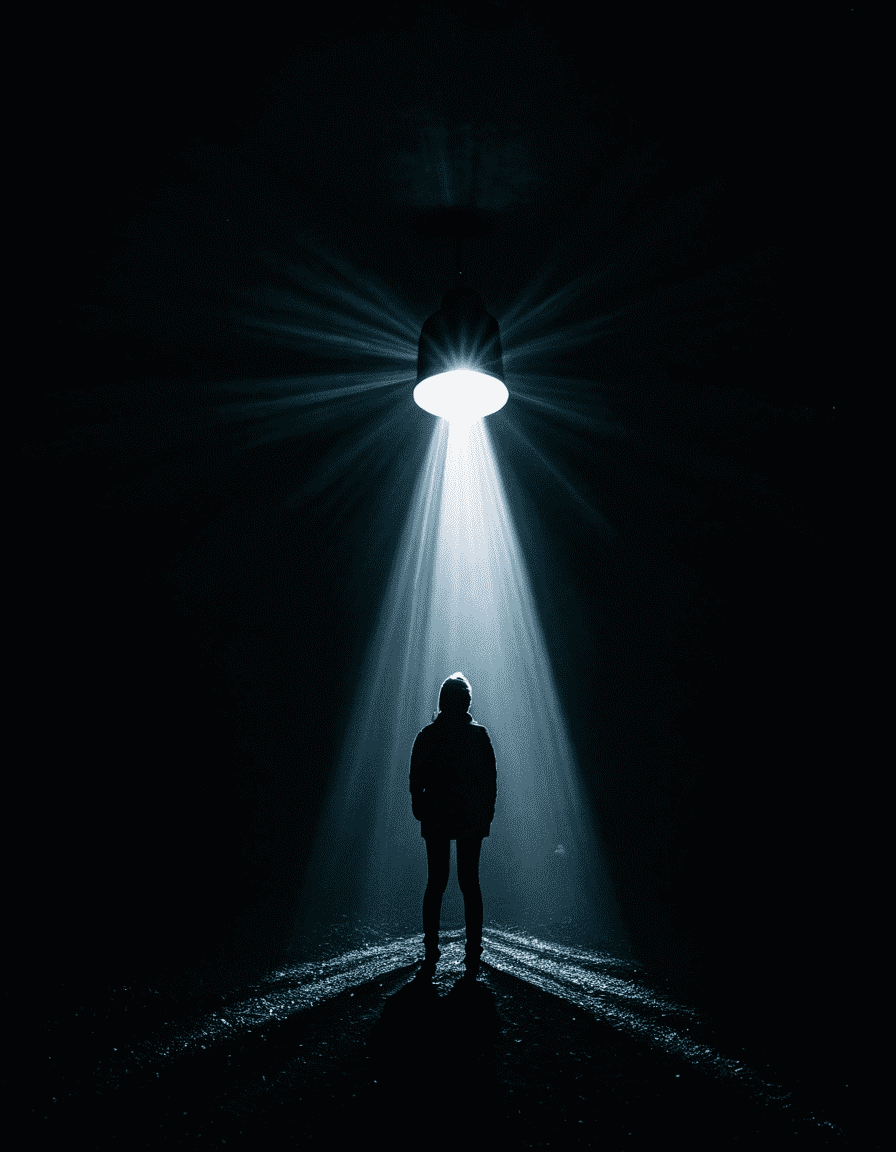
Chronic Depression: A Hidden Battle That Needs Awareness
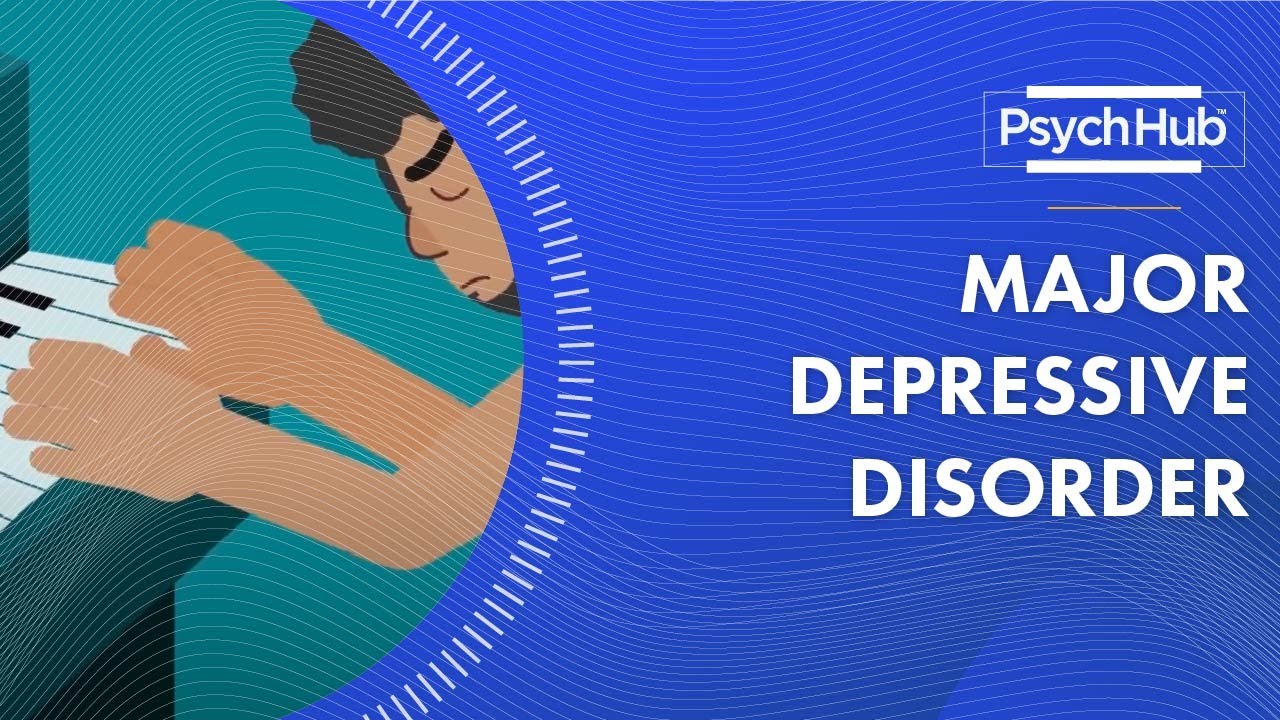
Understanding Chronic Depression
Chronic depression is more than just the blues; it’s an ongoing struggle that can last for years. Did you know that about 20% of adults will experience some form of depression in their lifetime? This mental health issue doesn’t just affect individuals; it ripples through families, creating challenging dynamics, especially for parents. Speaking of families, awareness has been crucial in addressing issues from the very start, even during pregnancy, as highlighted by our efforts around Utero health. Whether your journey is like that of celebrities like Kim Kardashian or Kourtney, it’s vital to break the stigma associated with mental health struggles.
The Hidden Symptoms
One of the tricky aspects of chronic depression is that its symptoms can be subtle, often misidentified as mere sadness or fatigue. Feeling exhausted? It could be a sign of something deeper. Studies show there’s a strong link between anxiety And depression, making it crucial for individuals to recognize their signs and seek help. Ever hear of the Crisis Textline? It offers immediate support for anyone feeling overwhelmed. In times when people feel isolated, such resources can bring a sense of relief and connection.
The Battle for Awareness
Raising awareness about chronic depression is essential, much like the informative initiatives created to tackle issues like substance abuse through creative channels, such as the Art fight movement. Art has a unique way of expressing and digesting feelings that words sometimes can’t capture. You’re not alone in your fight. Just as some people strategize against a cloning attack in gaming, those coping with depression need to build their strategy, focusing on healing and support systems. Each story and statistic shared can light the path for someone struggling, reminding them that they’re not in this alone.
Recognizing the links between various mental health challenges can pave the way for compassionate discussions and action. So, whether you’re learning about chronic depression for yourself or someone you love, let’s champion change and create a community ready to uplift each other.
